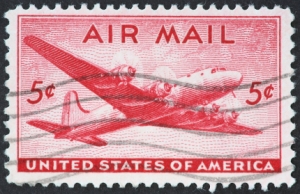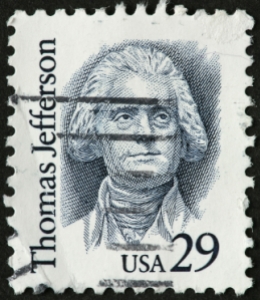Procedural Overview
 A mail clerk sued the United States Post Office and settled her lawsuit 1999. The Plaintiff sued the Post Office again, claiming the Defendants engaged in a campaign of harassment. The Plaintiff brought a second lawsuit for violations of Title VII and breach of contract. Phillips v. Potter, 2009 U.S. Dist. LEXIS 40550 (W.D. Pa. May 14, 2009).
A mail clerk sued the United States Post Office and settled her lawsuit 1999. The Plaintiff sued the Post Office again, claiming the Defendants engaged in a campaign of harassment. The Plaintiff brought a second lawsuit for violations of Title VII and breach of contract. Phillips v. Potter, 2009 U.S. Dist. LEXIS 40550 (W.D. Pa. May 14, 2009).
The Plaintiff brought a Motion for Sanction for spoliation of evidence of electronically stored information.
Failure to Preserve Electronically Stored Information
The Plaintiff claimed the Post Office failed to preserve electronically stored information by allowing email to be destroyed after litigation was reasonably foreseeable. Phillips, 15-16.
Spoliation is “the destruction or significant alteration of evidence, or the failure to preserve property for another’s use as evidence in pending or reasonably foreseeable litigation.” Phillips, 13, citing Mosaid Technologies Inc. v. Samsung Electronics Co., 348 F. Supp.2d 332, 335 (D. N.J. 2004).
Sanctions may be imposed when that party is “under a duty to preserve what it knows, or reasonably should know, will likely be requested in reasonably foreseeable litigation.” Phillips, 13, citing, Scott v. IBM Corp., 196 F. R. D. 223, 249 (D. N.J. 2000).
The Court further stated, “Sanctions are appropriate when there is evidence that a party’s spoliation of evidence threatens the integrity of this Court.” Phillips, 14, citing, Mosaid, 348 F. Supp.2d at 335.
Brief Factual Timeline
August 4, 2006: the Plaintiff filed an informal complaint with the EEO against the USPS.
September 14, 2006: a formal complaint was sent by Plaintiff’s counsel to the USPS.
November 20, 2006: USPS acknowledged receipt of formal complaint.
June 14, 2007: Lawsuit filed.
February 7, 2008: First Discovery request for ESI.
February 29, 2008: First USPS Litigation Hold Notice.
Before May 2007, the USPS email server had a 30 day retention period. After 30 days, the email messages were destroyed. After May 2007, all email was retained for 18 months, unless there was a request to not destroy them. Phillips, 13-14.
Dear Mr. Postman, Please Bring Me a Denial for Sanctions…
 The Defendants claimed that sanctions were not appropriate because the destroyed emails were not relevant to the Plaintiff’s case, thus there was no prejudice. Phillips, 15.
The Defendants claimed that sanctions were not appropriate because the destroyed emails were not relevant to the Plaintiff’s case, thus there was no prejudice. Phillips, 15.
The Plaintiff claimed that if there had been a litigation hold, the Plaintiff “would have had access to an email indicating that a co-worker had informed another manager” of the Plaintiff’s harassment. Phillips, 15.
The Court held that while the USPS did not issue a litigation hold, there was “no evidence that relevant documents were destroyed.” Phillips, 16. Moreover, sanctions cannot be based on “mere speculation.” Phillips, 16, citing Republic of the Philippines v. Westinghouse Elec. Corp., 43 F.3d 65,74 (3d Cir. 1994). Compounded by the lack of any basis the Plaintiff was harmed by the late litigation hold, the Court denied the sanctions motion. Phillips, 16.
